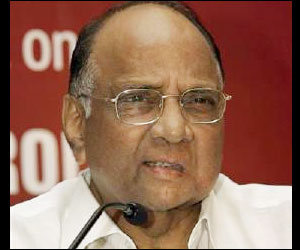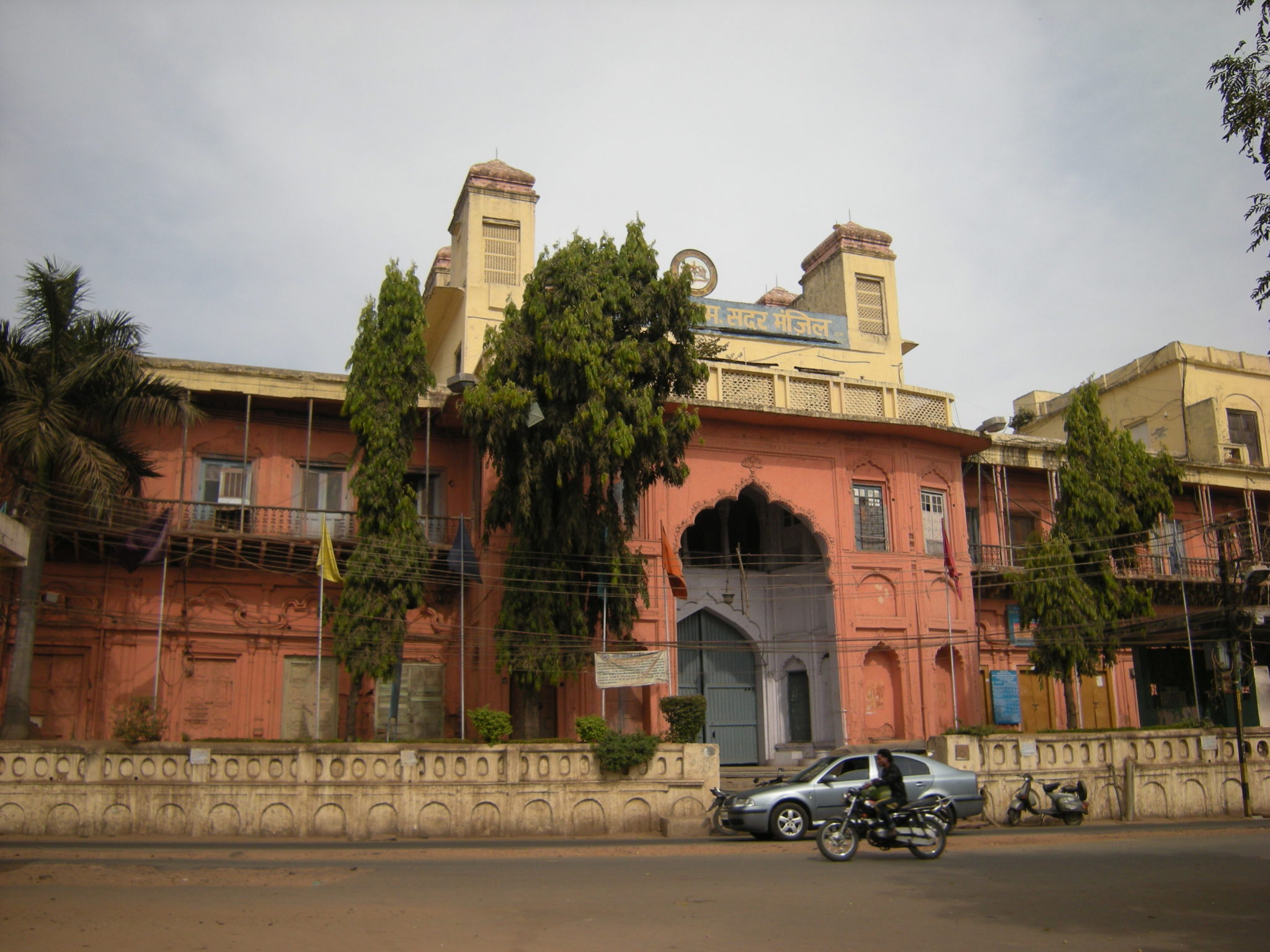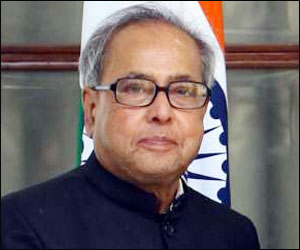Active bloggers all over the country are enraged over a proposed government move to regulate content on blogs. The reason for everyone's ire is the Indian IT Act, which was amended in 2008 to include some modifications to bring clarity to the legal position of the intermediaries. Intermediaries as defined in the Act are those who provide web-hosting services, internet service providers (ISPs) and online auction sites. However, at the time of amendment blogs were also included in the definition of the term intermediaries. The law stated that the government should clarify the rules under which the intermediaries should function and the list of prohibitions applicable to them. The list was published sometime last month and comments were invited from members of the public, bloggers and other members of the intermediaries group. Blogs also fall in this category as networked service providers. The due diligence specifies that the intermediaries should not display, upload, modify or publish any information that is 'harmful', 'threatening', 'abusive', 'harassing', 'blasphemous', 'objectionable', 'defamatory', 'vulgar', 'obscene', 'pornographic', 'paedophilic', 'libellous', 'invasive of another's privacy', 'hateful', 'disparaging', 'racially , ethnically or otherwise objectionable, 'relating to money laundering or gambling'. Thus the outburst as the term is vaguely defined and it also threatens the freedom of expression. In this age when blogging is one of the most effective and free medium of expression such a move could defeat the whole purpose of freedom of speech and expression.
Be a part of Elets Collaborative Initiatives. Join Us for Upcoming Events and explore business opportunities. Like us on Facebook , connect with us on LinkedIn and follow us on Twitter, Instagram.











